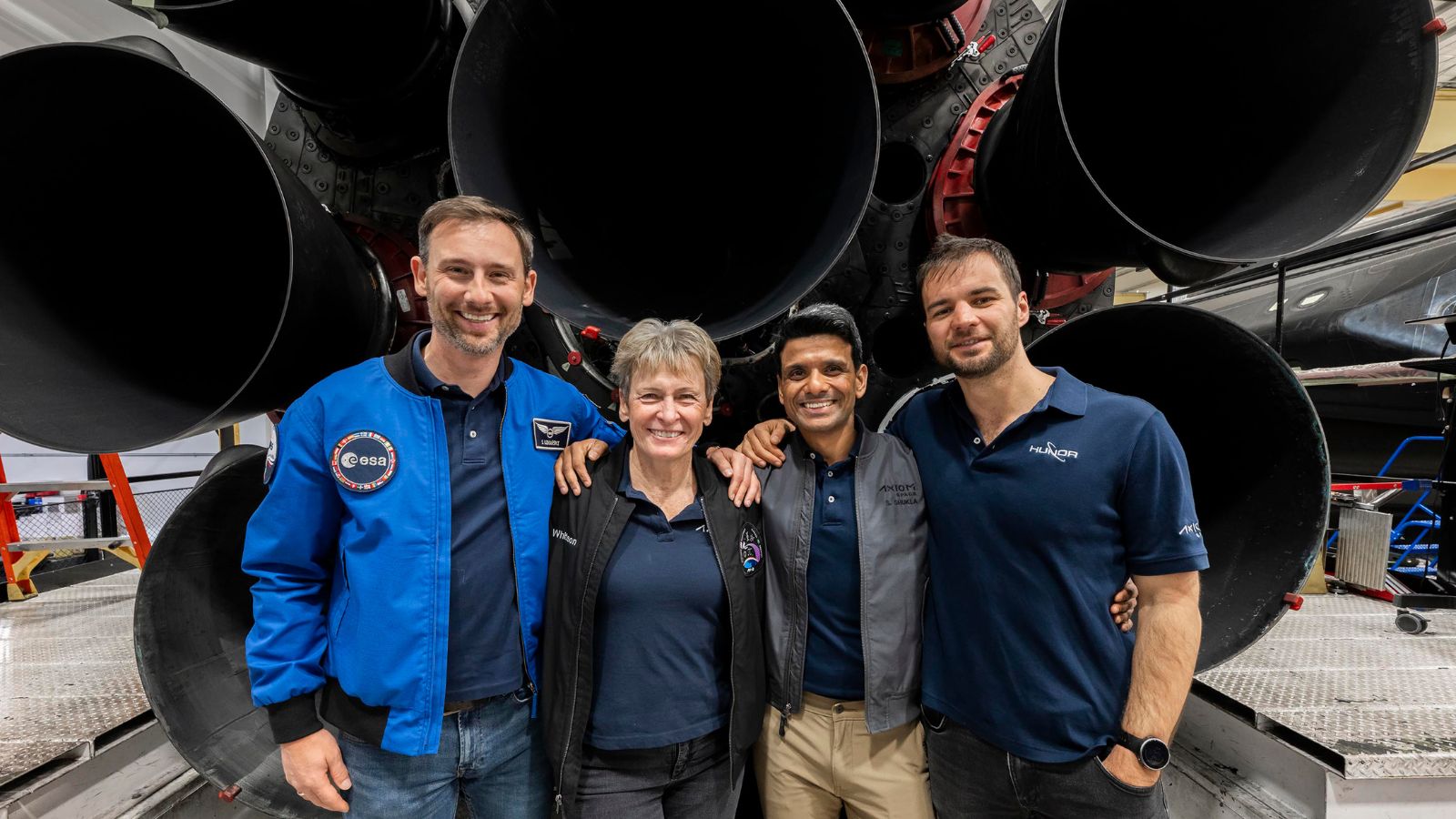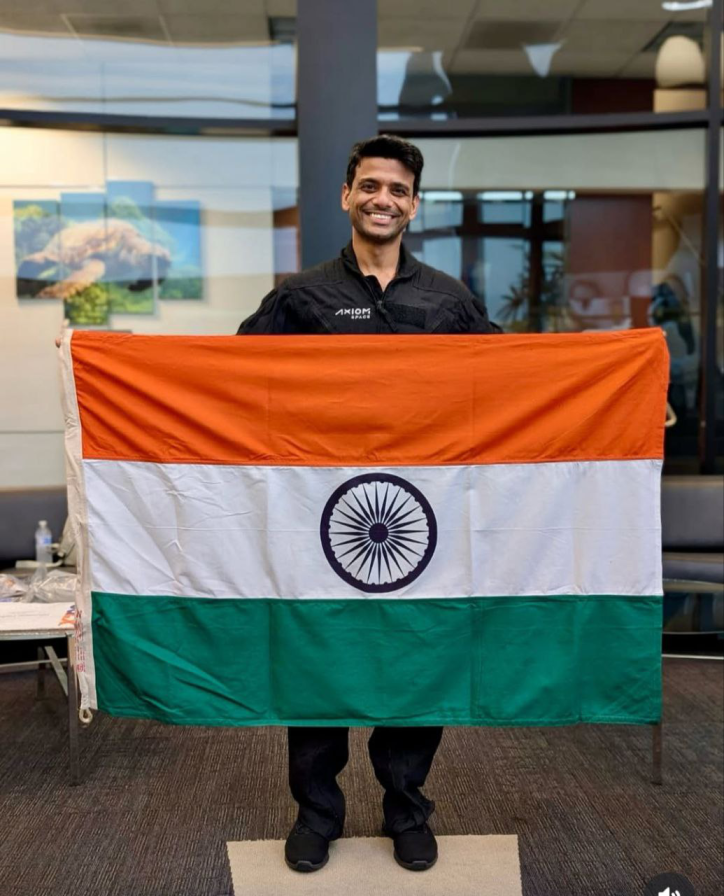Shubhanshu Shukla’s Journey to the ISS: India’s Quiet Space Revolution

It’s not every day that someone from India boards the International Space Station. But on June 25, 2025, Group Captain Shubhanshu Shukla, an Indian Air Force pilot. No huge celebrations, no over-the-top hype—just calm focus, a heart full of science, and a nation watching with quiet pride.
No red carpet, no viral countdown clips—just precision, purpose, and a nation watching, low-key emotional.

Shukla became the first Indian to reach the ISS, and only the second Indian ever in space after Rakesh Sharma. That’s an elite squad. If this were Instagram, Sharma would’ve posted “Welcome to the club, bro” with a rocket emoji.

A Mission That’s More Than Just a Private Ticket
Yes, technically, this was a private mission—part of Axiom Space’s fourth commercial flight (Axiom Mission 4), launched aboard a SpaceX rocket.
For India, this was an opportunity. A calculated, strategic decision. One that said, “Why wait until our own space station is ready, when we can learn from the best today?”
Equivalent of sliding into the global space DMs and saying, “We’re ready to collaborate. Let’s go interstellar.” Instead of waiting for our own space station, we have sent one of our best into orbit to learn hands-on. No trial version. Full access.

Shukla’s To-Do List in Orbit: Less Netflix, More Science
While Earthlings were binge-watching space documentaries, Shukla was actually living one. He carried out seven scientific experiments designed in India—for India’s future in space.
Let’s break it down:
- Growing microalgae
Because one day your smoothie might be powered by space-grown spirulina. - Seed germination in orbit
Building the first farm on Mars? Starts with this. - Muscle atrophy studies
Astronauts can’t skip leg day. Even if there’s no gravity. - Stem cell behaviour in space
Regenerative medicine, but intergalactic edition. - Watching microbes evolve
Because even bacteria have a glow-up in space. - Screen-time impact on astronauts
Mental health matters—even when your “office” is 400 km above Earth. - Space-thali testing (halwa + aam ras)
Honestly, if we’re going to colonize Mars, let’s do it with flavour.

Why This Matters for India
Let’s be real for a sec: ₹600 crore isn’t pocket change. That’s a LOT of Maggi packets. And in a country with real challenges, it’s fair to ask—was it worth it? But here’s the thing—this wasn’t an expense, it was an investment.
(worth paying taxes if such crazy stuff is happening!)
Why?
- Because it gave India real astronaut experience.
- Because Indian scientists got their research aboard the actual ISS. Not simulated, not theoretical—the real deal.
- Because it showed the world that we’re not just launching satellites anymore—we’re launching ideas, humans, and vision.
And maybe most importantly—it showed young Indians that space isn’t just for the movies.
It’s for them. And it’s happening right now.

A New Kind of Hero
Shubhanshu Shukla isn’t the loud, viral-type astronaut. He’s not dropping videos from orbit and his journey. He’s the calm, collected kind—the guy who probably read five research papers before breakfast on launch day.
And that’s what makes him inspiring.

He represents discipline without drama, achievement without arrogance.
He’s a reminder that space heroes don’t need capes—just curiosity, courage, and commitment.
Quiet Launch, Loud Impact
In an age of noise, clickbait, and trending reels, this mission was… refreshingly calm. No drama. Just steady progress, real science, and a subtle flex from India on the global space stage.

Shukla’s mission wasn’t just about orbiting Earth. It was about sending a message:
We’re not future-ready. We’re already-ready.
India to ISS: Logged in.
Astronaut: Focused.
Next stop: Wherever we dare to go. 🌌
So the next time someone says, “What’s India doing in space?”
You can just smile and say, “Plenty. With halwa and data.”

